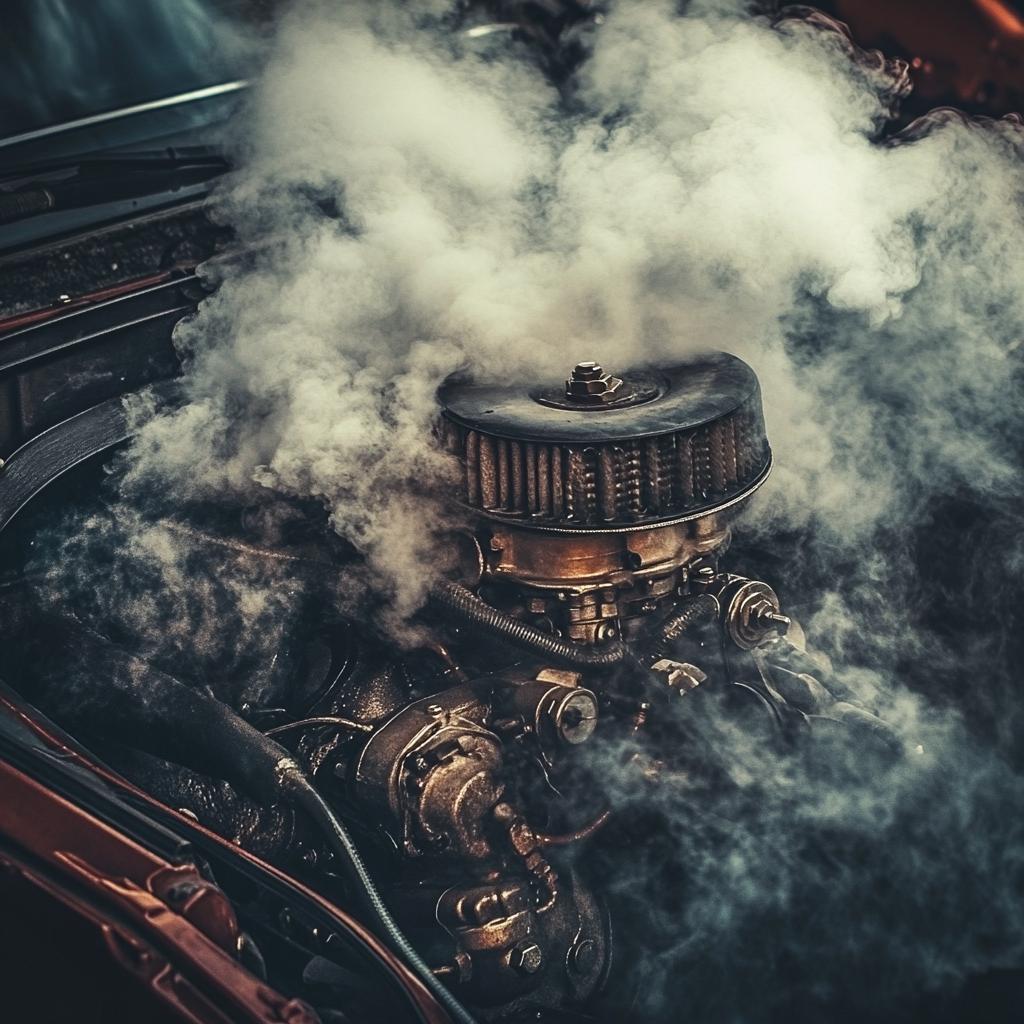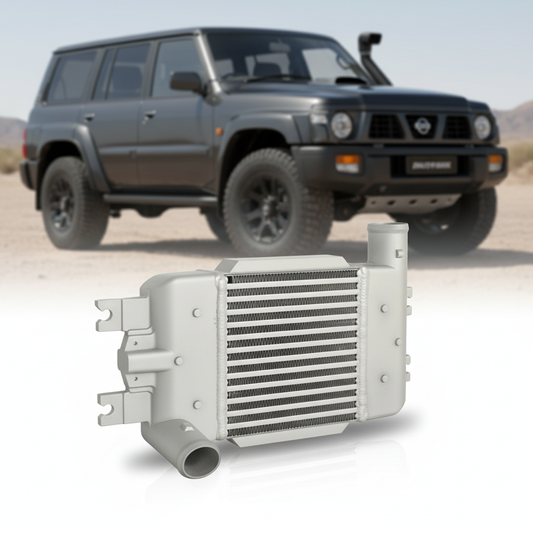Certain vehicle components are particularly sensitive to heat. If not properly maintained, excessive heat can lead to serious damage and costly repairs. Let’s break down which parts are most at risk and how you can keep them cool and functioning efficiently.
1. Why Do Pistons Overheat and How Can You Prevent It?
Problem:
Pistons play a crucial role in your engine’s operation, but if they overheat, they can melt or seize up, causing engine failure. High piston temperatures can cause “piston seizure,” where the piston gets stuck in the cylinder, leading to major engine damage.
What You Can Do:
- Use high-quality engine oil: Regularly check and replace the oil to ensure it’s effectively lubricating and cooling the engine components.
- Keep the cooling system in good shape: Ensure your radiator and coolant levels are optimal to help regulate engine temperatures.
- Watch for warning signs: If your engine temperature gauge shows a spike, it’s important to stop driving and let it cool down before further investigation.
2. How Does Heat Affect Rubber Seals, Belts, and Tires?
Problem:
Rubber components like seals, V-belts, and tires can become brittle and lose their elasticity when exposed to high heat for extended periods. Overheating accelerates their aging process, leading to cracks, reduced performance, and ultimately a shorter lifespan.
What You Can Do:
- Inspect regularly: Check rubber components for any signs of cracking or wear, especially after long drives or in hot weather.
- Avoid overloading your vehicle: Overloading puts extra strain on belts and tires, causing them to heat up more quickly.
- Keep tires properly inflated: Under-inflated tires create more friction with the road, leading to excess heat buildup and a higher chance of blowouts.
3. Can Electrical Equipment Overheat and Fail?
Problem:
Electrical components like the starter, alternator, and voltage regulator have coils that can overheat and burn out. This can result in a dead battery, poor charging performance, or a complete electrical failure, leaving you stranded.
What You Can Do:
- Check electrical connections: Loose or corroded connections can cause resistance, which generates heat. Make sure everything is securely connected and clean.
- Avoid excessive idling: Long periods of idling can put extra strain on your electrical system, leading to overheating.
- Get regular checks: Have your electrical system inspected periodically to catch any issues before they lead to bigger problems.
4. Why Do Bearings Overheat and What’s the Solution?
Problem:
Bearings help reduce friction between moving parts. If they overheat, the lubricating oil inside them can degrade rapidly, causing the bearings to wear out or seize, which may lead to severe vehicle damage.
What You Can Do:
- Lubricate properly: Regularly grease or oil your bearings to ensure smooth operation and heat reduction.
- Monitor temperature: If you notice any unusual noise or heat coming from the wheel area, it could be a sign of bearing issues. Address it quickly to prevent further damage.
- Avoid overheating: Don’t overload your vehicle or drive with under-inflated tires, as both can contribute to excess heat in the bearings.
By staying vigilant and taking proactive measures to manage heat-sensitive vehicle parts, you can prevent overheating, extend the lifespan of your car’s components, and avoid costly breakdowns.




